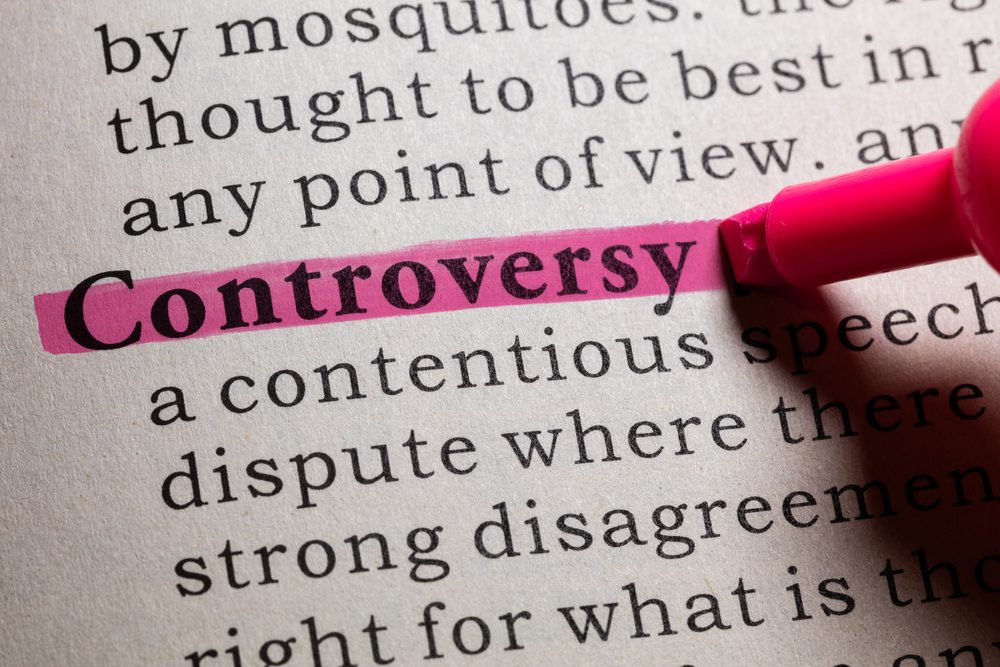“The moment we consider our dishonesty from the perspective of those we lie to, we recognize that we would feel betrayed if the roles were reversed.”
— Sam Harris, Lying
We tend to think that white lies are good. They spare others discomfort and hurt feelings. Here are some of the white lies I’ve told in the past:
- Yes, your article was brilliant.
- What a terrific speech.
- I love your gift.
- You look great in that dress.
- Yes, Santa Claus really exists.
We go around telling these lies and patting ourselves in the back for being good citizens.
In his book, titled Lying, neuroscientist Sam Harris argues that lies, even white lies, are bad. I was convinced by the argument he makes in this short, powerful book.
Brutal honesty is a rare quality. Because we’ve grown accustomed to sugar-coating uncomfortable truths, it’s become harder to distinguish between truth and illusion. In response to praise, I instinctively ponder, “Does this person really like my article or are they just saying that?”
A white lie is a type of theft, “a refusal to offer honest guidance in a storm.” It “steals time, energy, and motivation that a person could put toward some other purpose.” Harris provides an example from his own life:
There have been times in my life when I was devoted to a project that was simply doomed, in which I had months–in one case years–invested and honest feedback could have spared me an immense amount of wasted effort. At other times I received frank criticism just when I needed it and was able to change course quickly, knowing that I had avoided a lot of painful and unnecessary work.
As a law professor, I face this dilemma on a regular basis. I want my students to have a positive mental attitude, but at the same time, a dose of reality goes a long way to serve the all-important task of deflating overblown egos. I sometimes joke that 90% of them will not graduate in the top 10% of their class. They rarely find that funny.
So how do you avoid white lies? You can simply tell the truth. If, for one reason or the other, the truth is unbearable, you can hold your tongue or steer the conversation towards safe ground. But you don’t have to lie. Take, for example, the following exchange prompted by the gift of a less-than-fashionable sweater:
- Wow, does one wear it or hang it on the wall?
- You wear it. It’s very warm. Do you like it?
- You know, I’m very touched you thought of me. But there’s no way I can pull this off. My style is somewhere between boring and very boring.
Lying is paternalistic. By deciding to lie and protect the other person from what we feel is an uncomfortable truth, “we have decided that we are the best judges of how much they should understand about their own lives.” This, Harris believes, “is an extraordinary stance to adopt toward other human beings, and it requires justification.” According to Harris, “every lie is an assault on the autonomy of those we lie to.”
Honesty can make you stand out from the crowd, and in a good way. If you’re willing to be honest, especially about subjects that most others conceal or lie about, you might have deeper exchanges with others. This is good news for those who lament about the pains of small talk. Here’s Harris:
Honest people are a refuge. You know they mean what they say; you know they will not say one thing to your face and another behind your back; you know they will tell you when they think you have failed–and for this reason their praise cannot be mistaken for mere flattery.
Telling the truth makes life easier. It requires no work on your part. There are no white lies to keep track of or collisions with reality to avoid. You can simply be yourself.
I, for one, find that comforting.
This short book is well worth the read in full. Grab a copy here.




